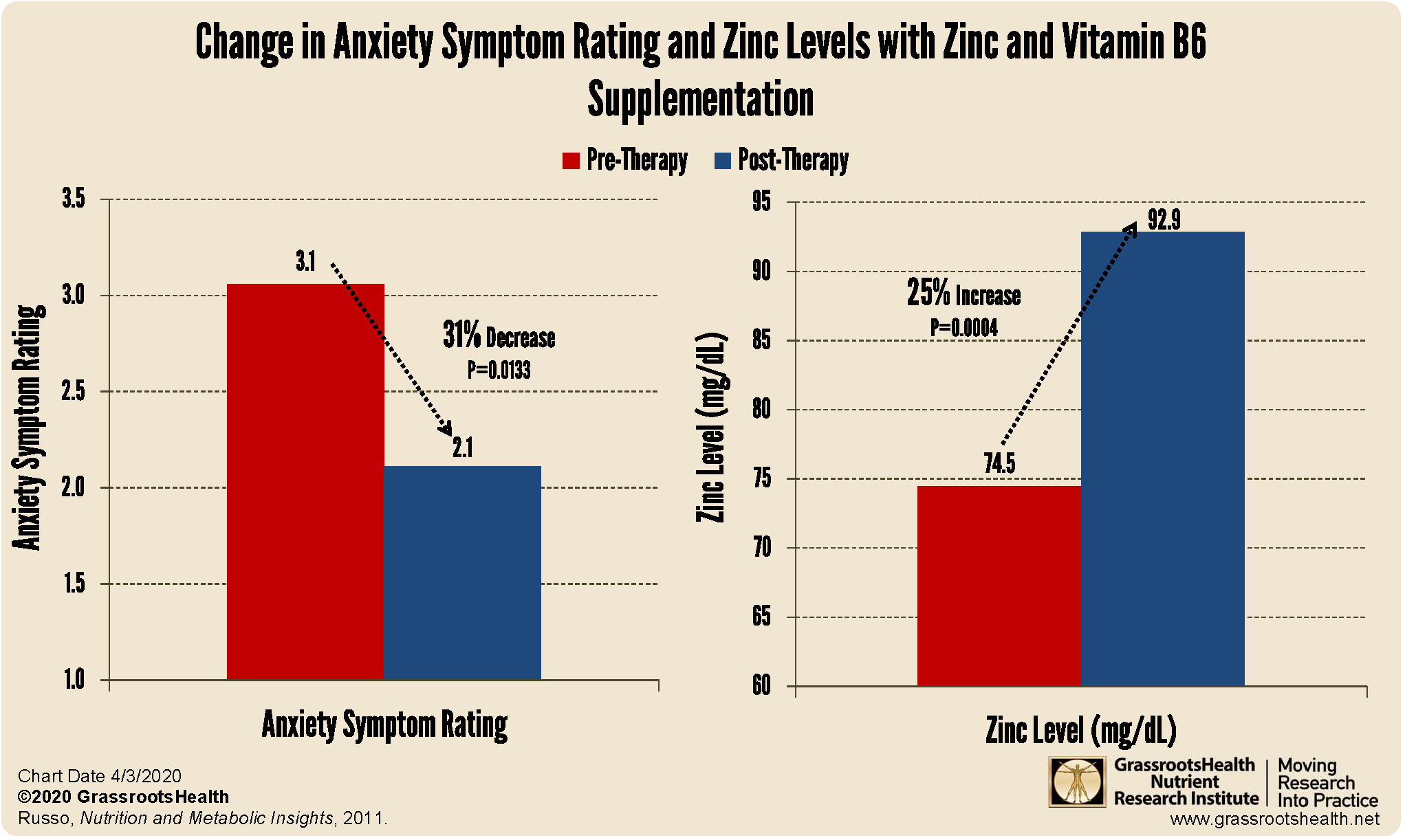Published on April 7, 2020
 With current major changes and uncertainty surrounding the COVID-19 pandemic, many individuals are faced with increased amounts of stress, anxiety and depression. The most common class of all psychiatric disorders are anxiety disorders, affecting roughly 1/3 of the US population, and about 1/8 of the worldwide population. Anxiety symptoms can include irritability and anger, depression, the lack of ability to focus or concentrate, racing thoughts, trouble sleeping, light sensitivity, migraines, OCD or obsessive behavior, intrusive thoughts, restlessness, disorganization, and panic attacks.
With current major changes and uncertainty surrounding the COVID-19 pandemic, many individuals are faced with increased amounts of stress, anxiety and depression. The most common class of all psychiatric disorders are anxiety disorders, affecting roughly 1/3 of the US population, and about 1/8 of the worldwide population. Anxiety symptoms can include irritability and anger, depression, the lack of ability to focus or concentrate, racing thoughts, trouble sleeping, light sensitivity, migraines, OCD or obsessive behavior, intrusive thoughts, restlessness, disorganization, and panic attacks.
A previous post discussed a study showing the relationship between magnesium and anxiety and depression. Today’s post will focus on the relationship between zinc and copper with anxiety.
How could zinc affect anxiety?
Zinc has been labeled as one of the most important trace elements in the body, and is an essential nutrient necessary for the proper function of many physiological processes, including neurological functioning. Previous studies have found an increased incidence of zinc deficiency among individuals with anxiety and depression. Zinc has protective effects against DNA damage and oxidative stress, which have also been correlated with anxiety. Prolonged deficiency of zinc has been shown to cause emotional instability, irritability, and depression.
What does the research show?
A study by A.J. Russo, published in Nutrition and Metabolic Insights, looked at the relationship of zinc and copper to anxiety symptoms. In this study, serum levels of zinc, copper, and copper:zinc ratio were measured in a group of 38 females diagnosed with anxiety and compared to a group of 16 female controls, both pre-treatment and post-treatment. The severity of anxiety symptoms was also tracked.
Significantly higher levels of copper and copper:zinc ratio, as well as lower levels of zinc, were found in those with anxiety. A minimum of 8 weeks of zinc and vitamin B-6 therapy was given to 20 of the 38 anxiety patients. While copper levels did not decrease significantly, post-treatment levels of zinc were found to normalize, leading to a decrease in the copper:zinc ratio as well as a significant improvement in anxiety symptoms.
The chart below shows the change in anxiety symptom rating and serum zinc levels for those participants diagnosed with anxiety who were given 8 weeks of zinc and vitamin B6 supplementation. As can be seen, from pre-treatment to post-treatment measurements, anxiety symptom ratings decreased by 31% (p=0.0133) while zinc serum levels increased by 25% (p=0.0004).
Could your zinc and copper levels be contributing to anxiety?
Are you struggling with anxiety symptoms? Do you know your magnesium, zinc, copper, and copper:zinc ratio levels? Make sure you know the status of these important elements and others with the Magnesium Plus Elements blood spot panel, and see if changes in your diet and supplementation could improve your element status and health outcomes. Make sure you also know your vitamin D level, and take steps to keep it within a target of 40-60 ng/ml or 100-150 nmol/L! Find out your levels today! Log on to the test selection page (click the link below) to get your tests and see for yourself if your levels can be improved.
Make sure you track your results before and after, about every 6 months!
How can I track my nutrient intake and levels over time?
To help you track your supplement use and nutrient levels, GrassrootsHealth has created the Personal Health Nutrient Decision System called
For each specific supplement, you can track what days you take it, how much, and many other details. This will help you know your true supplemental intake and what patterns of use work for you to reach and maintain optimum nutrient levels. Check it out today!








